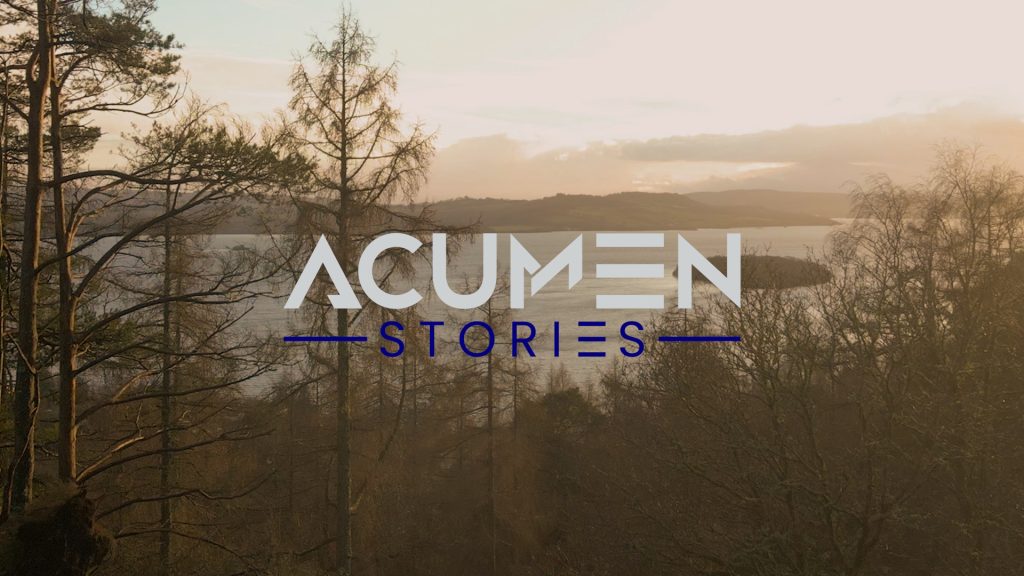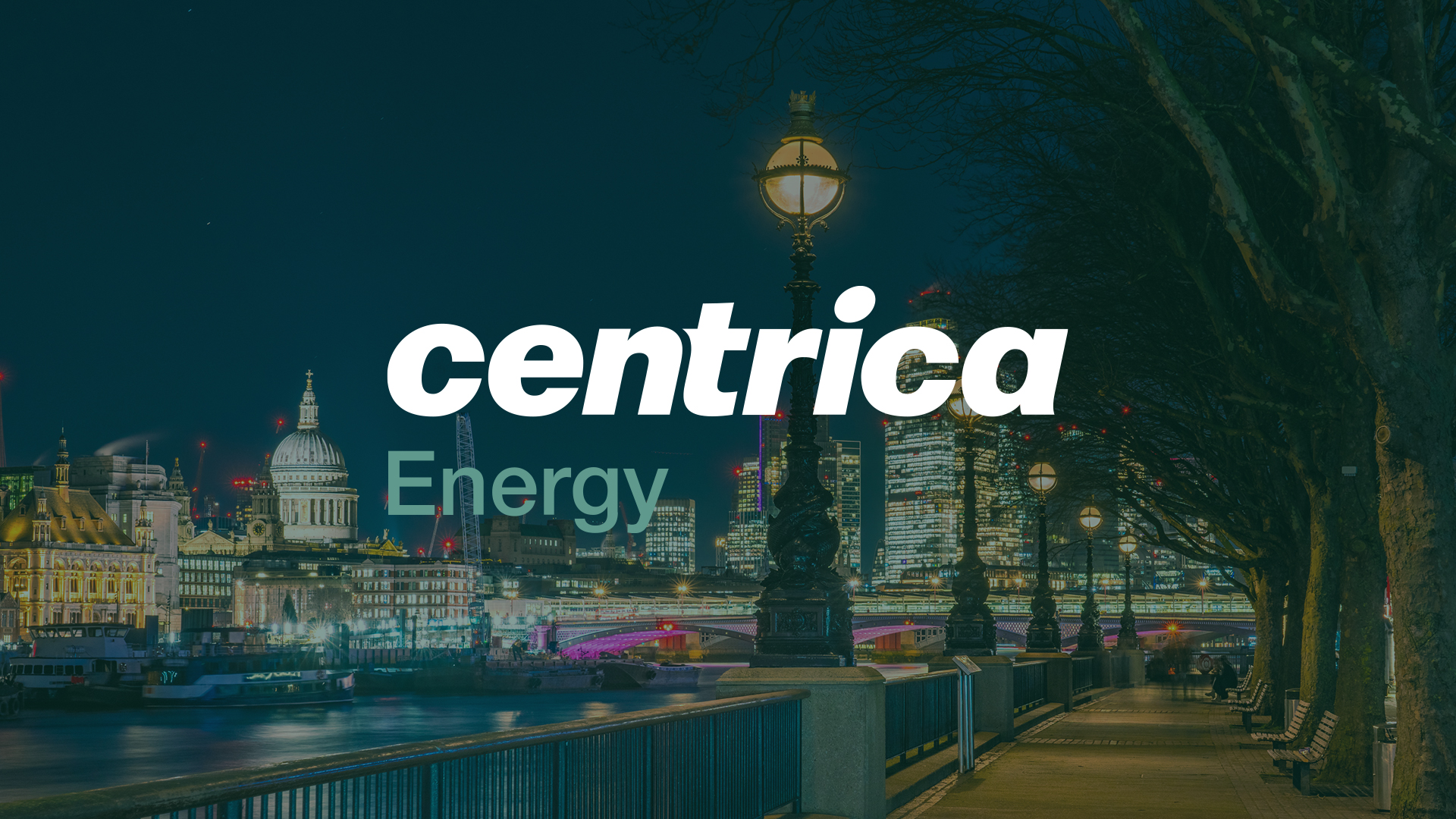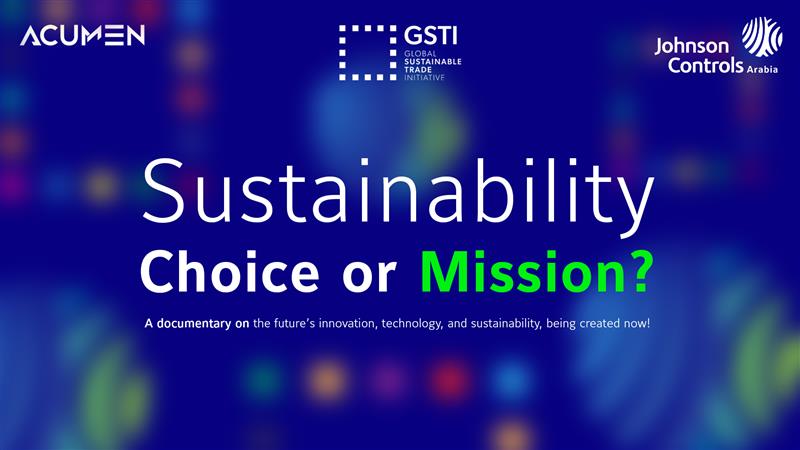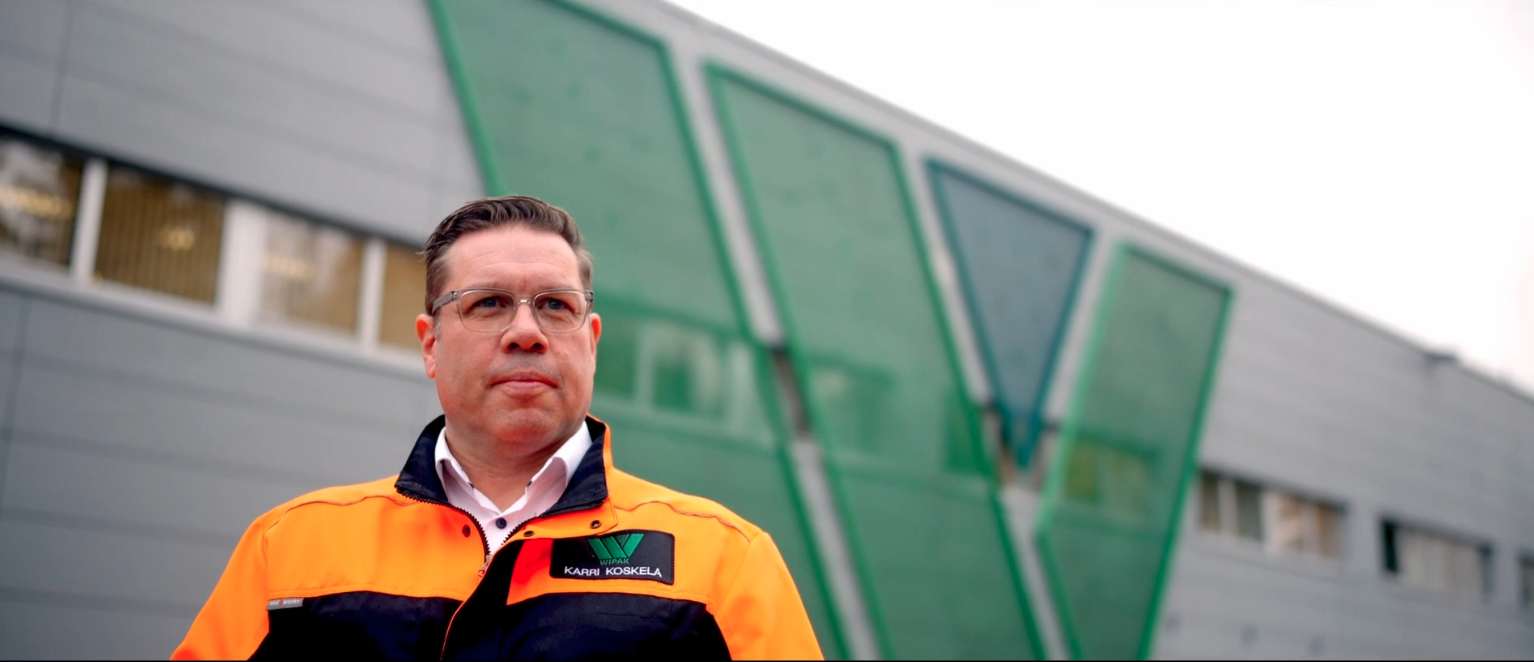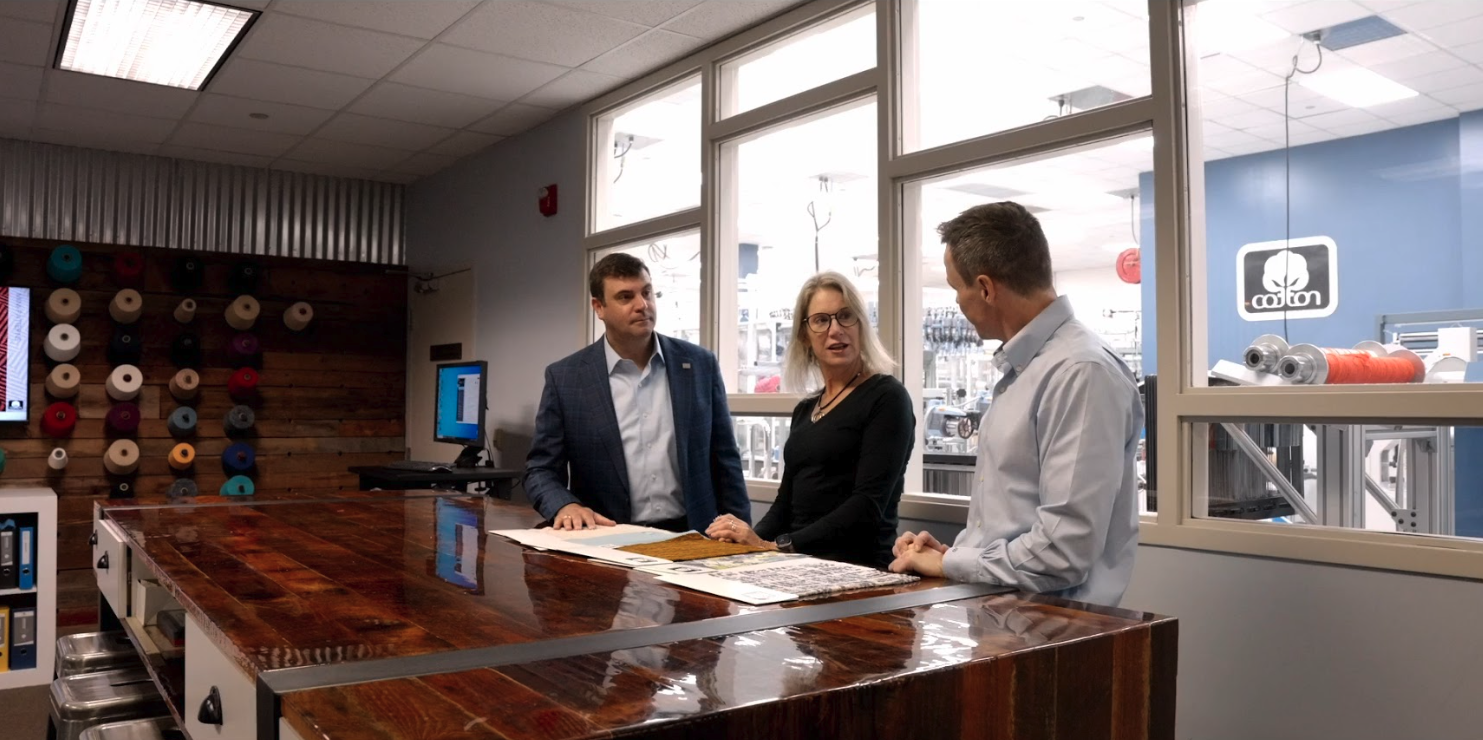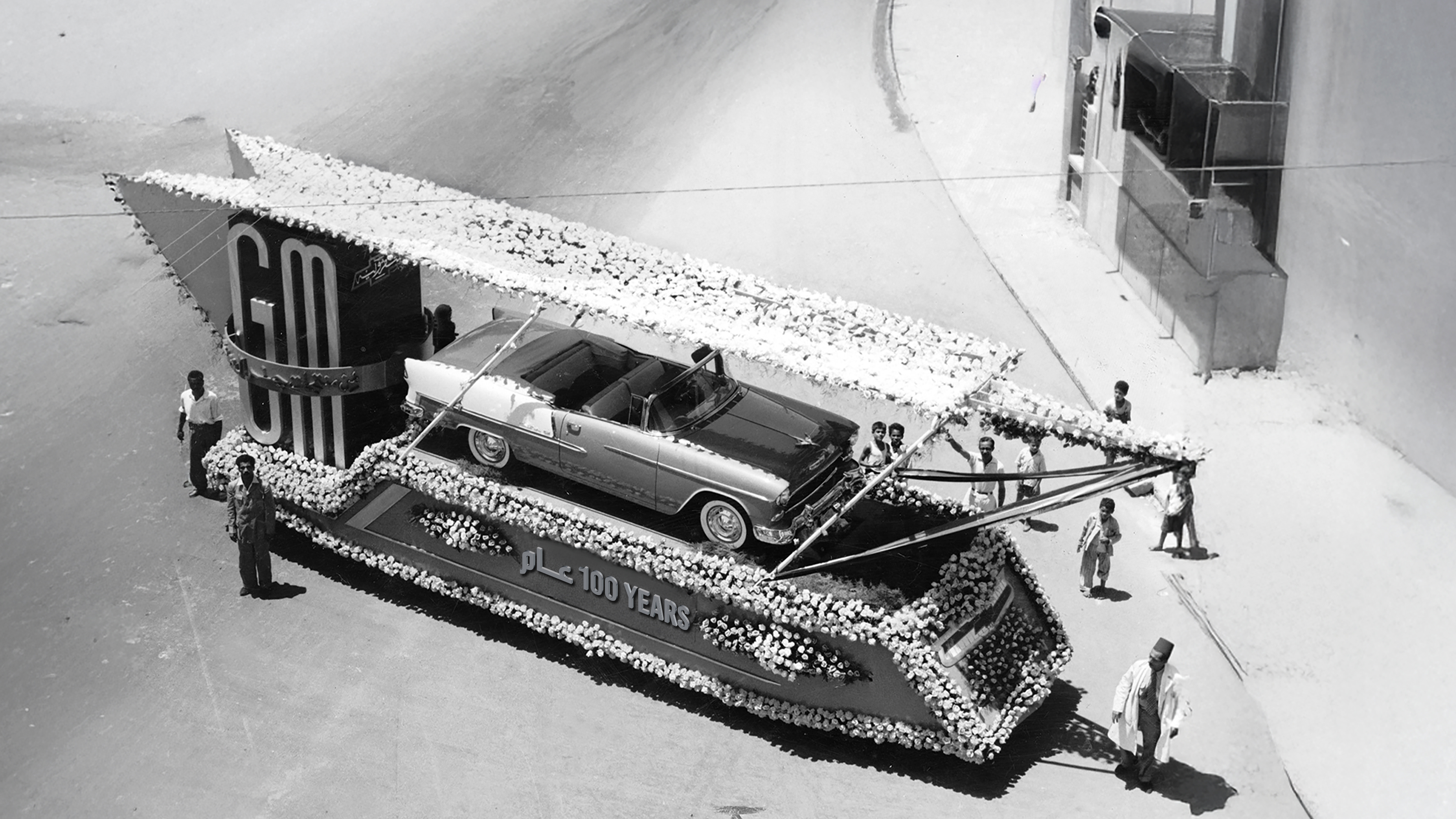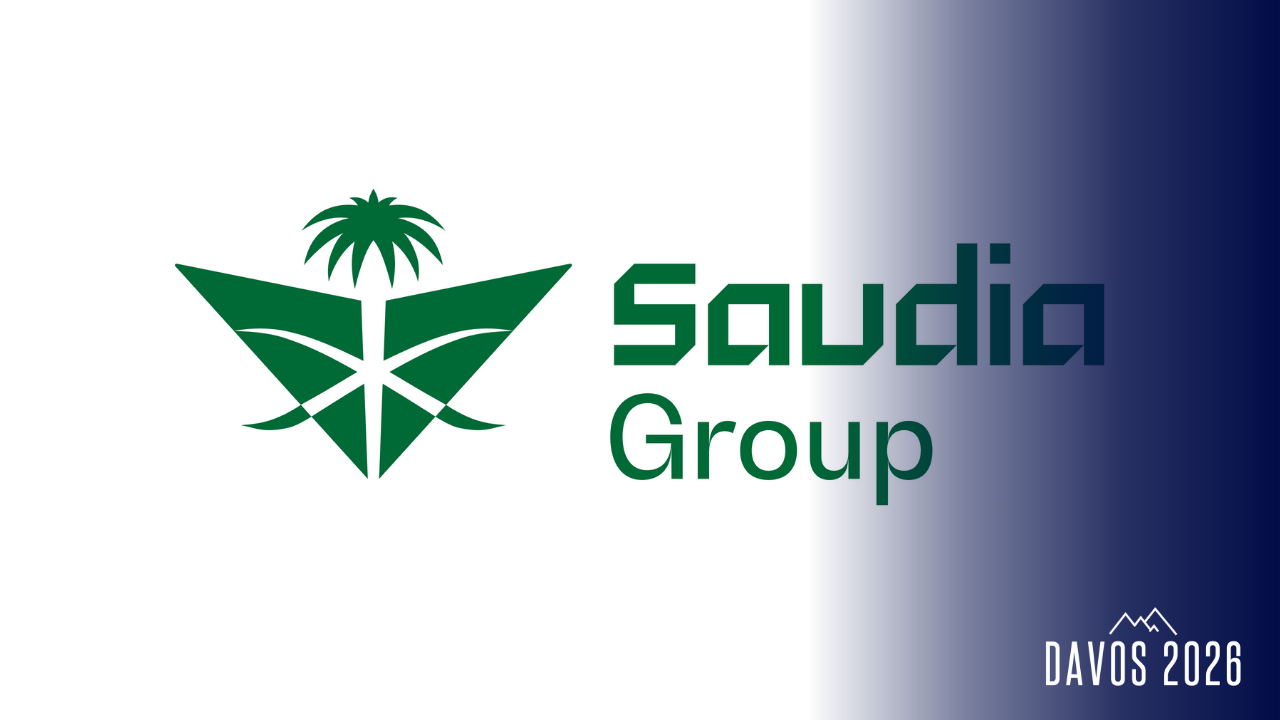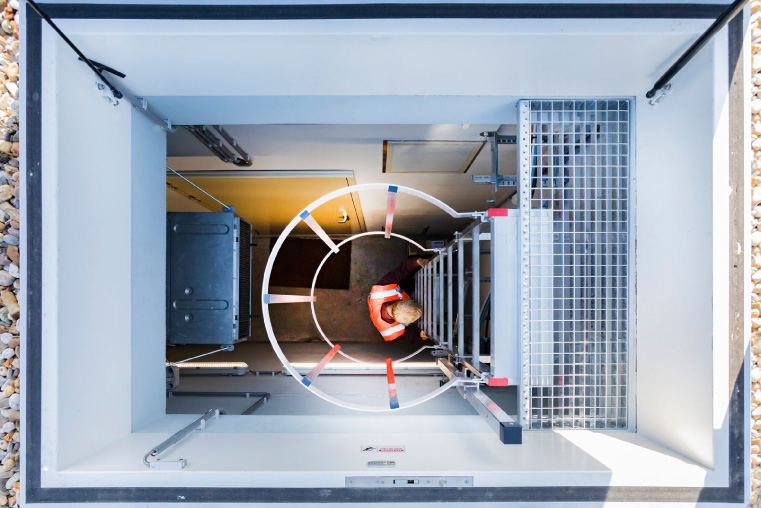Rethinking Waste: Recology’s Methane Solution
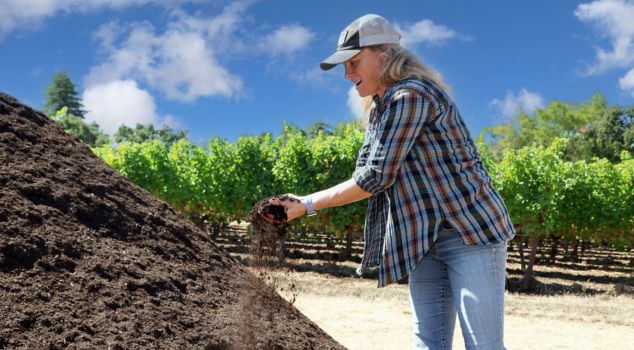
Where some see waste, Recology sees resources.
Tackling Landfill Crisis: Recology’s Innovative Resource Recovery Approach
As the global population continues to grow, landfill waste is expected to increase by approximately 70% by 2050, according to the World Bank.
Landfills, the third-largest source of methane emissions globally, following oil and gas systems and agriculture, significantly contribute to the climate crisis. While the waste management industry traditionally relies heavily on landfills, an alternative approach that focuses on resource recovery—diverting material from landfills for recycling into new products or returning to the earth—is paramount in methane reduction.
Recology, the largest 100% employee-owned company in the United States waste management industry, is well-positioned to address the issue of landfill methane emissions. Recology’s business model prioritizes diverting materials away from the landfill whenever possible. This West Coast-based company takes a more holistic approach than the traditional process for waste management, and has long been dedicated to innovating ways to recycle and compost what others consider waste.
Revolutionizing Waste Management: Recology’s Milestone in Composting and Recycling
Recology pioneered food scrap collection in San Francisco, California in 1996, making it the first city in North America to collect source-separated organics at the curb. Since then, more than 300 cities across the country have followed its lead and implemented curbside food scrap collection for composting.
“When we first introduced this program over 25 years ago, it was revolutionary because it had never been done before in North America,” said Recology CEO Sal Coniglio. “Now, we still see it as pivotal because of what we know about the climate benefits of composting and the negative impacts of food waste in landfills,” continued Coniglio, referring to a recent report from the U.S. EPA that found that 58% of fugitive methane emissions at landfills came from food waste.
Today, Recology owns and operates 10 times more recovery facilities than active landfills. In addition to composting facilities, Recology owns and operates state-of-the-art material recovery facilities that sort many of the materials from customers’ recycling bins into high-quality recyclable commodities. These materials, like cardboard, glass, plastics, and more can then be turned into new products and kept within circulation instead of ending up in landfills.
Through their recycling and composting activities, Recology supported the recovery of over 1.3 million tons of recyclable and compostable materials in 2022 alone, helping to avoid emitting 10 times more greenhouse gases than what they produced through their operations over that period. Now, Recology hopes that its sustainable business practices can serve as a model that can be replicated globally in the waste management industry.
A Global Model for Waste Reduction: Recology’s Vision for Recycling and Composting
“Our unyielding commitment to diverting materials from landfills must galvanize a global push for advancements in recycling and composting, a critical part of the solution to the climate crisis,” said Coniglio.
As the global population continues to grow, the waste management industry holds an important key to mitigating the surge in landfill waste and ensuing methane emissions. It’s not just an effective waste management strategy; it’s imperative in our battle against rising emissions.
Find out more about COP28 campaign

